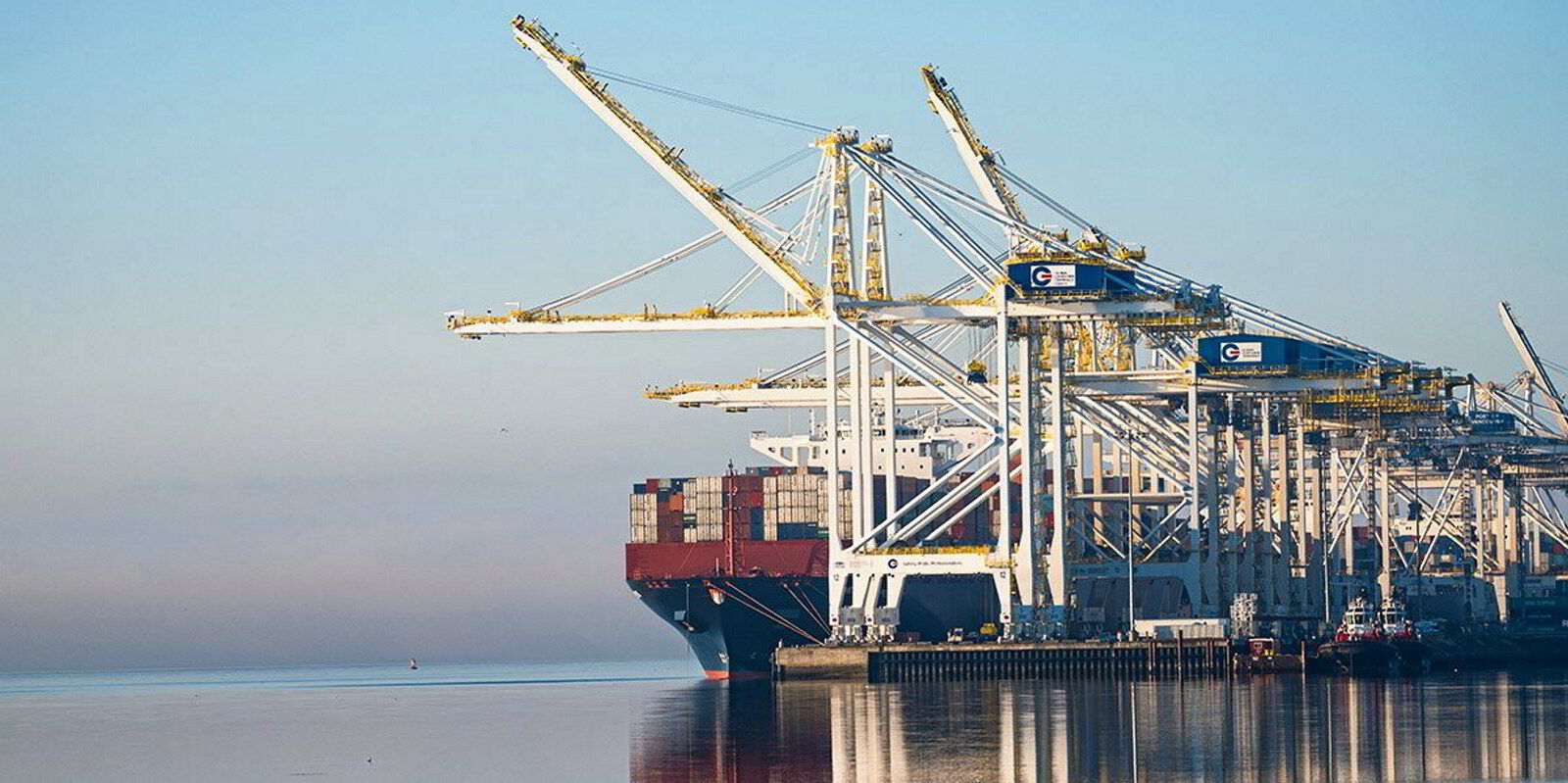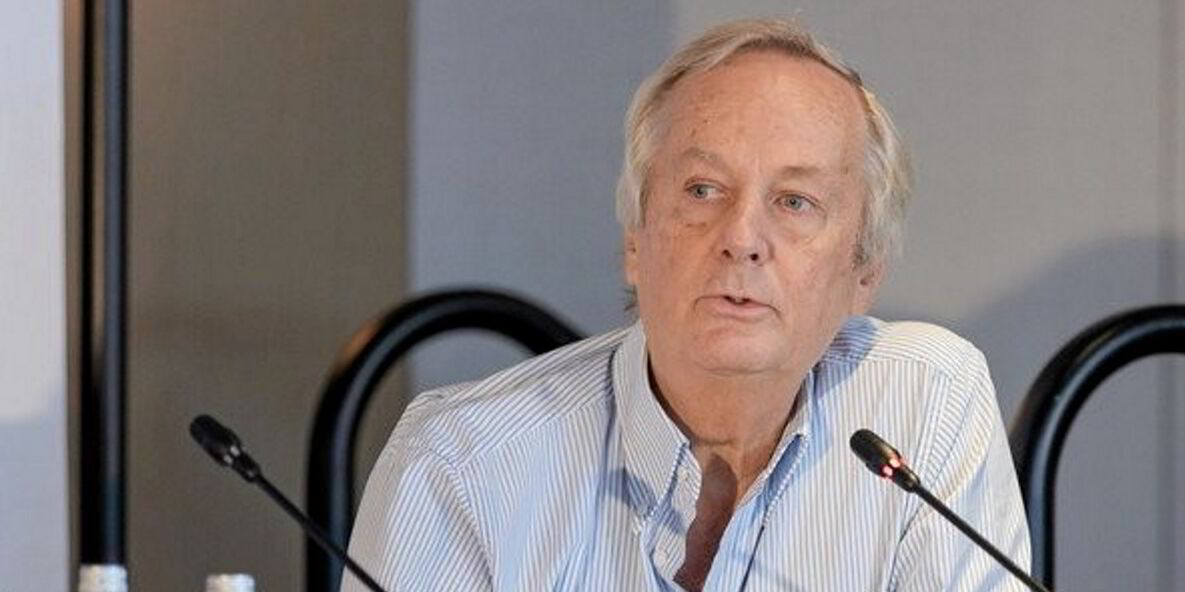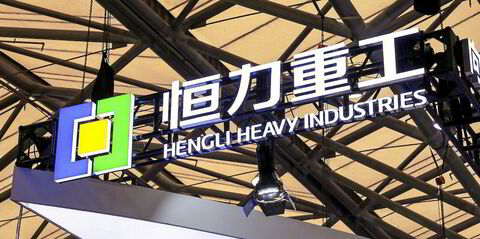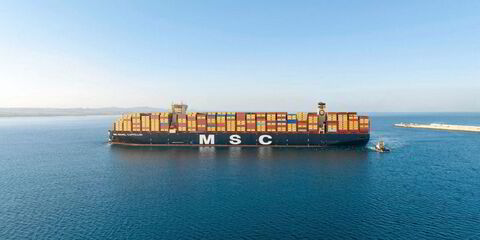A dockworkers union is locked in a legal fight with the Canadian government, a terminal operator and the Netherlands’ BigLift Shipping over the use of a ship’s crew to unload container handling equipment from a vessel.
The case sets up a test of whether unloading the equipment for the port’s own use is the work of dock workers under a union agreement covering Canada’s west coast ports and allowed under immigration laws.
The fight has been brewing in Canada’s Federal Court since March, when the International Longshore & Warehouse Union Canada asked for a judge to review the move to allow the crew of the 9,900-dwt heavylift carrier Happy Star (built 2014) to unload the cargo.
Lawyers for ILWU Canada, a union representing 8,000 longshore workers in British Columbia, listed the federal government, terminal operator GCT Canada and BigLift as respondents in the case filed in Vancouver.
GCT Canada, a unit of Global Container Terminals, is subject to a collective bargaining agreement between ILWU Canada and the British Columbia Maritime Employers Association, which covers dockworkers across Canada’s west coast.
Craig Bavis and Agnieszka Kalinowska, solicitors for Vancouver’s Victory Square Law Office who are representing the union, said in an application for judicial review that the Happy Star docked in February at the GCT Deltaport terminal at Delta, part of the port of Vancouver. The ship was carrying rubber tyred gantries — a type of container handling equipment — to be used at the port.
Crew members on the Dutch-flag ship operated the Happy Star’s cranes to upload the cargo.
Dock work or after-sale support?
But ILWU Canada’s lawyers alleged that operating vessel cranes to unload cargo counts as dock work under the Immigration & Refugee Protection Act (IRPA).
“The ILWU was concerned that the foreign crew was working without a work permit required under the IRPA, performing work that should have been performed by residents of Canada and operating equipment on the dock contrary to the collective agreement in force,” Bavis and Kalinowska wrote.
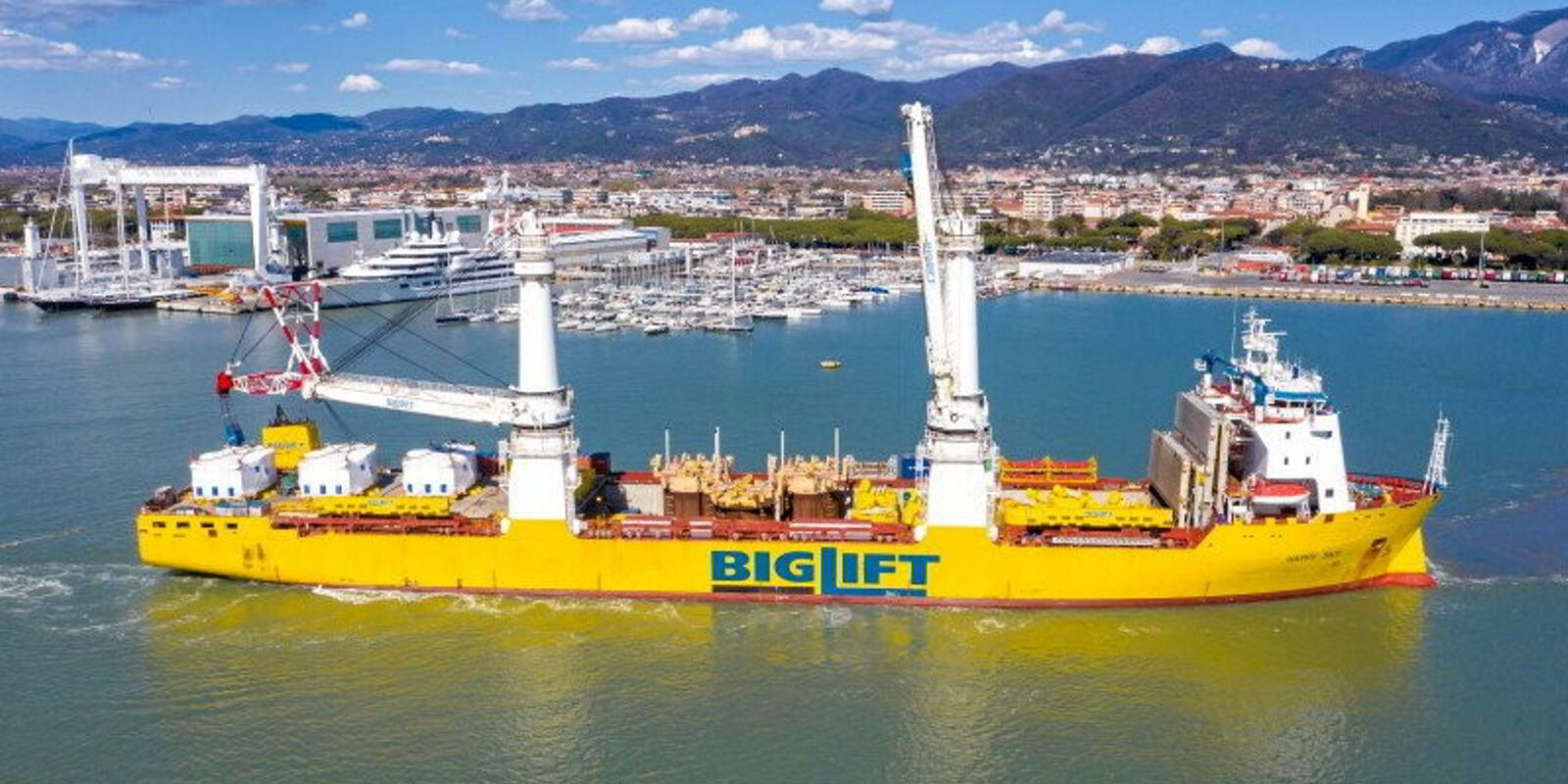
Before filing the case, the union had complained to the Canada Border Services Agency, which decided to allow the crew members to do the work.
ILWU Canada’s lawyers argued in court that the crew members are not exempt from the work permit requirement.
GCT Canada’s solicitors at Vancouver law firm Roper Greyell urged the court to throw out ILWU Canada’s request for review, arguing that the union is required to take its complaint to arbitration instead.
They argued that the union can take the case to court only if ILWU Canada is directly affected by the immigration authorities’ decision.
“Beyond conjecture, there is no evidence that the ILWU — or its members’ — legal rights have been ‘directly affected’ or that the ILWU has been prejudiced by the decision,” solicitors Ryan Copeland and Jaime Hoopes wrote in a July memorandum.
“GCT has not conceded that the ILWU has exclusive jurisdiction over the impugned work, nor has ILWU asserted that right, in the only permissible legal forum for such disputes — at grievance arbitration under the terms of the collective agreement.”
Erica Louie, a lawyer for the federal Department of Justice, made a similar argument.
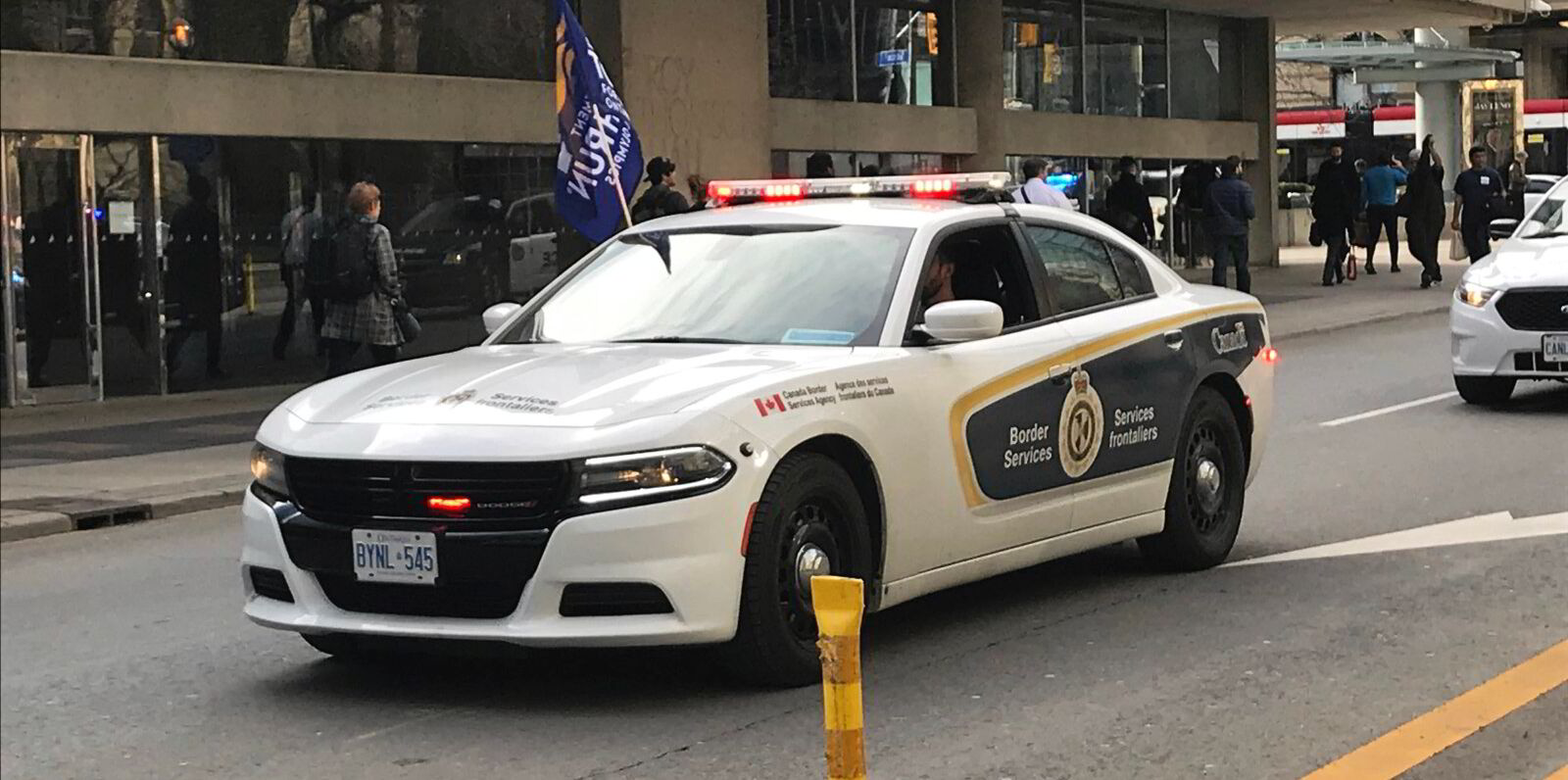
She wrote that a Canada Border Services Agency officer boarded the Happy Star and found that the crew members arrived legally in the country and were not violating immigration law, because they served as “after-sales support” for the container handling equipment.
They were also there to maintain the safety of the vessel and prevent damage.
“The officer’s decision to not take enforcement action is not properly the subject matter of judicial review as it did not, and does not affect, the applicant’s legal rights, nor impose legal obligations on the applicant, nor prejudicially affect the Applicant directly,” she said in a court filing in June.
While ILWU Canada argued that its rights were violated because of its collective bargaining agreement, Louie wrote that enforcing collective bargaining agreements is not the job of an immigration officer.
And she said there is no evidence to support the contention that the union’s right to work in a safe working environment was breached.
In the latest filings to the court, the union has countered that there are legal issues that should be decided by a court, not in arbitration.
“Before the Applicant seeks to enforce its rights under the collective agreement, this court must decide if the officer erred in finding that unloading work could have been performed by the foreign crew without a work permit, which is a significant issue that a labour arbitrator does not have jurisdiction to decide,” Bavis and Kalinowska wrote.
BigLift has filed papers saying it would not submit a response in the case.
